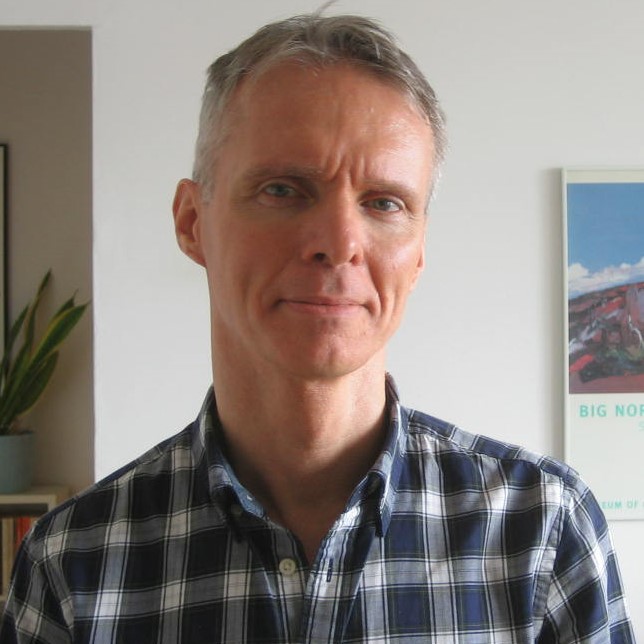One day, Laurent Charlin hopes computers will be as good as your friends at suggesting a book, movie or person you might like. But at the moment, he’d just like them to be a little more practical, quicker and – if this isn’t too anthropomorphic – intuitive, able to make solid recommendations based on very limited information. Working in the subset of artificial intelligence known as machine learning and recommendation systems, the PhD student and his colleagues are trying to get computers to recognize real-world constraints – such as humans’ limited time and energy.
Take the fevered world of online dating. There’s no way even the most avid lovebird can fully evaluate every reasonable candidate, let alone meet all of them. “Even the most popular person in Toronto can’t go on 10 dates a night,” observes Charlin. So he and his team are building a system that gleans your preferences from a very limited number of questions, learning as it goes. It then matches you with someone or something that meets your criteria, while ensuring that you also meet their criteria. People have been researching this sort of active learning – where the computer gains a better and better sense of your preferences as it goes along – for some time. The wrinkle with Charlin’s system is that the learning is intimately linked to the goal of making a good match, something it does much faster and, over time, better than existing algorithms.
One version of the software is already in use at academic conferences where it’s being used to match proposed papers with appropriate reviewers. Seven or eight conferences have used the system, and feedback so far has been good. The dating application hasn’t yet been released into “the wild,” but according to Charlin, the initial experiments have been promising.






